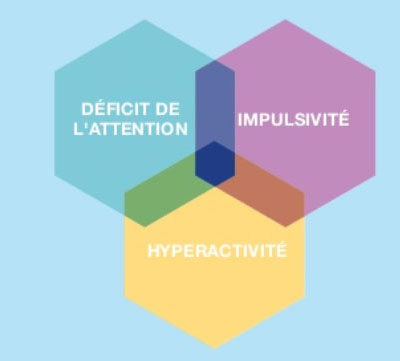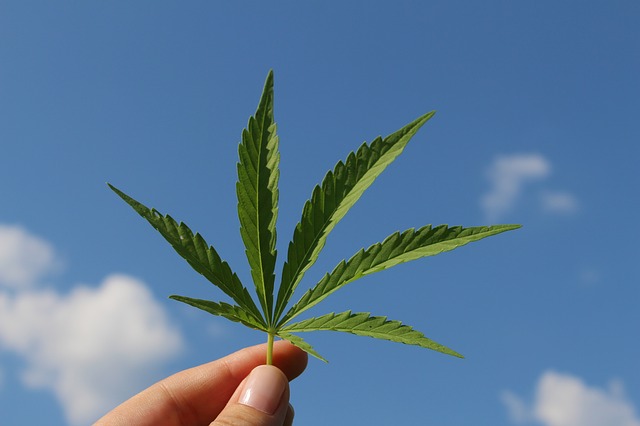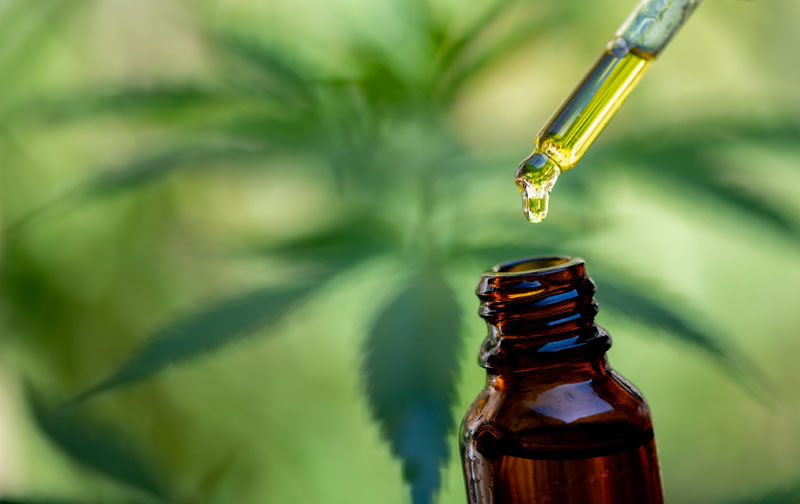Have a question? 06 70 73 89 02
🔞 Not for sale to under 18s
🔥 Final markdown: 25% off EVERYTHING on the site with the code: MAXI!!! 🔥 ( except accessories and gummies)
Have a question? 06 70 73 89 02

ADHD stands for Attention Deficit Disorder with or without Hyperactivity.
It is also referred to by the acronym AHD: Attention Deficit Hyperactivity Disorder. It's a neurological condition that has the same impact as ASD. It manifests itself as :

This disorder generally occurs in childhood, and more rarely in adulthood. It mainly affects children, affecting around 5% of children and 2.5% of adults[1].
Here is the distribution of the three symptoms among diagnosed children: attention deficit disorder (about 47%), hyperactivity and impulsivity (about 36%) and a combination of the 3 (about 17%)[2].
Research suggests that the disorder is mainly due to hereditary factors or environmental factors: exposure to toxic substances during foetal life (tobacco, alcohol or drug consumption, lead poisoning, pesticide exposure)[3], although it is difficult to establish a single cause for a neurological malformation, linked to abnormalities in brain development and/or a deficiency in certain neurotransmitters such as dopamine or noradrenaline.
In France, the Haute Autorité de santé recommends cognitive-behavioral therapies based on practical exercises to retrain attention.
Treatment can also involve medication (mainly methylphenidate). These are stimulants designed to increase dopamine activity in the brain, whose side effects can include persistent insomnia. [1]
Of course, a healthy, regular diet, good sleep, reduced screen time and physical exercise are all conducive to the proper evolution and management of this disorder.
Cannabidiol (CBD) is a molecule derived from the hemp plant (cannabis sativa L.), like THC, but without the psychotropic effects.
Numerous studies[4] have established a link between cannabinoids such as CBD and the body's natural endocannabinoid system (ECS), the latter being made up of various receptors which, once activated, play a role at the cellular level on many levels, including the reduction of pain, anxiety or inflammation.

Although studies on CBD and ADHD[5] currently only aim to measure its impact on reducing the symptoms of this disorder and the side effects of traditional medication, initial results encourage further studies.
People with ADHD often have lower levels of dopamine[6]. According to several studies, CBD has been shown to increase and regulate dopamine levels[7]. Dopamine is a neurotransmitter involved in important functions such as behavior, cognition, motivation, reward, sleep and memory.
One of the consequences of ADHD is anxiety (40% suffer from it), negative self-evaluation and low self-esteem[8]. Yet a 2015 study[9] concludes that a single dose of CBD significantly reduces anxiety, influencing fear of public speaking, for example.
Regarding the use of CBD for post-traumatic stress in children, a 2016 study[10] concludes that CBD has a positive impact on children, but it is always advisable to consult your doctor in such cases.
Before taking any CBD, it's important to talk to your doctor, especially if you're taking medication.
As the WHO states: CBD is not risky and is generally well tolerated[11].
Nevertheless, although one CBD-containing drug has been approved for children (and adults): EPIDOLEX. Relatively few studies have been carried out with children[12][10] As a precaution, we do not recommend taking CBD in children, especially young children.
One of the symptoms of ADHD is sometimes hyperactivity. In a 2018 Israeli study[11] carried out on autistic children, some of whose symptoms are common to ADHD: 53 children and young adults (aged 4 to 22), took CBD oil for 66 days. As a result, hyperactivity symptoms decreased in 68% of participants, remained unchanged in 29% and increased in 3%. Angry outbursts decreased in 68% of subjects, but increased in 9%.
According to a clinical study carried out in 2018, 25% to 50% of subjects suffering from this disease suffer from significant sleep disorders[13]. Subjects either suffer from insomnia at night, or excessive daytime sleepiness. In both cases, studies show that CBD has a positive impact in reducing these symptoms and improving patient comfort[14].
In conclusion, more research needs to be done on CBD use in relation to ADHD. Indeed, the problem is complex and seems to involve several elements, including a dopamine deficiency. In any case, CBD has a positive influence on symptoms, making the disorder more bearable for sufferers.

One of the most effective ways of taking cannabidiol is in oil form. All you need to do is place a few drops directly under the tongue, using the pipette, for around 30 seconds. Although cannabidiol has no side effects, everyone reacts differently to cannabinoids. It is therefore advisable to start with the lowest dose, then gradually increase the dose until relief is achieved.
Did you like this article? Feel free to browse our blog to learn more about CBD and keep up to date with the latest news!